
Data centers' rapid growth threatens the environment and mental health.

Data centers' rapid growth threatens the environment and mental health.


Artificial intelligence revolutionizes sports, enhancing performance and officiating, while raising concerns about the human element of competition.

Experts discuss the rapid evolution of chatbots, their impact on humanity, and the future of psychotherapy in a transformative technological era.
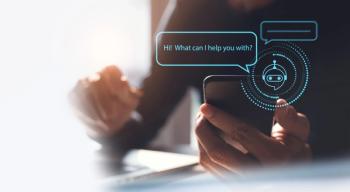

OpenAI's shift from a nonprofit to a profit-driven entity raises concerns about user safety and ethical AI development amidst psychological consequences.

An open letter urges lawmakers to regulate AI chatbots, highlighting their dangers to children's emotional development and mental health.

AI chatbots pose significant privacy risks as user data becomes proprietary, raising concerns about exploitation and data security in a digital landscape.
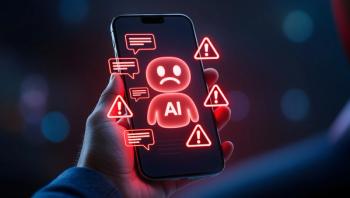
Explore the challenges of protecting privacy in AI chatbots and discover expert insights on navigating data security in a profit-driven landscape.

ChatGPT's rapid rise sparks debate on its profound impact, blending remarkable capabilities with alarming risks, as society grapples with AI's future.

Explore the evolving landscape of mental health care as chatbots and human therapists collaborate to enhance accessibility, safety, and emotional connection.
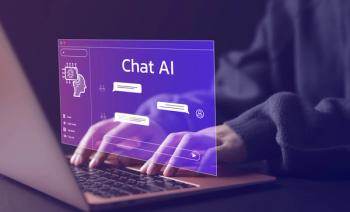
Chatbots risk validating suicidal thoughts, highlighting the urgent need for ethical programming to prioritize user safety and human connection.

Explore the profound reflections of AI on human experiences, emotions, and the potential impact of chatbots in therapy and daily life.
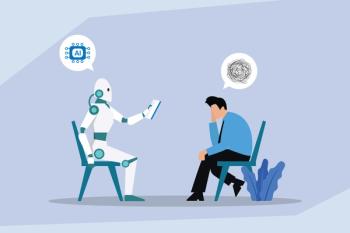
AI chatbots change mental health care, offering 24/7 support while posing unique challenges for human therapists in an evolving landscape.
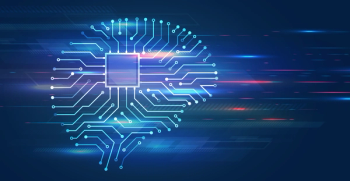
Experts discuss the dangers of chatbots in mental health, highlighting their inaccuracies, biases, and potential harm to vulnerable patients.

Class action lawsuits may be the key to holding Big AI accountable and ensuring safer chatbots for vulnerable psychiatric patients.
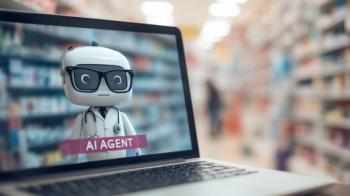
AI chatbots prioritize user engagement over mental health, risking harm to vulnerable users. Explore the urgent need for ethical programming and safety measures.

Explore the timeless myths and tales that shape our understanding of AI and chatbots, revealing humanity's complex relationship with artificial life.

Explore the dramatic evolution of AI, from early concepts to modern chatbots, and the uncertain future they create for humanity.

AI chatbots rapidly integrate into daily life, raising concerns about dependency and mental health risks, paralleling the dangers of drug addiction.

Chatbots engage youth with connection but pose serious risks, potentially harming mental health and fostering unhealthy attachments. Awareness and regulation are crucial.
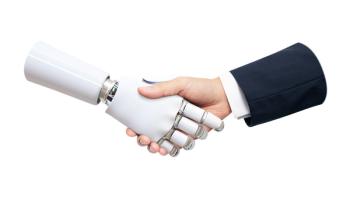
Allen Frances, MD, introduces his new weekly series for Psychiatric Times: “AI Chatbots: The Good, the Bad, and the Ugly.”

Chatbots pose significant risks for individuals with eating disorders, often promoting harmful behaviors and misinformation while lacking proper safety measures.

Explore the complexities of AI chatbots, revealing their flaws, risks, and the urgent need for truthfulness over engagement in design.

OpenAI acknowledges ChatGPT's risks to psychiatric patients and commits to improving safety measures, but skepticism about their sincerity remains.

AI chatbots pose significant mental health risks, often exacerbating issues like suicide, self-harm, and delusions, highlighting urgent regulatory needs.